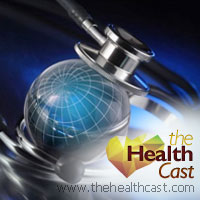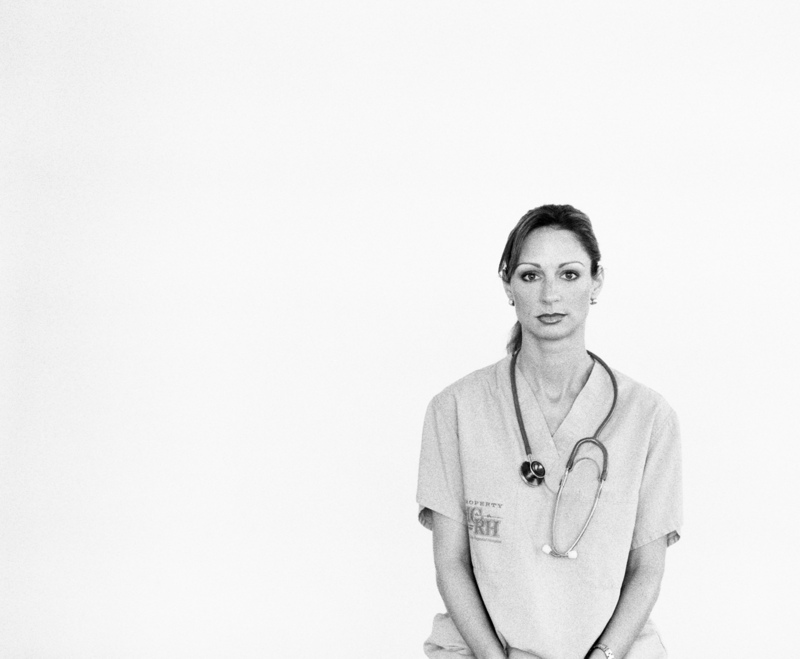
Here are some of the latest health and medical news developments, compiled by the editors of HealthDay:
Sisters Have Lung Transplants at the Same Time
Two sisters who needed lung transplants and insisted that the other should be first ended up in the same operating room getting one lung each from the same donor.
The transplants on Irma Myers-Santana, 71, and Anna Williamson, 69, were performed earlier this month at Houston Methodist Hospital. It was the first such case at the facility.
“It’s never happened. … We’ve transplanted siblings before, but years apart,” Dr. Scott Scheinin, who did Myers-Santana’s transplant, told the Associated Press. “It’s a little bit of serendipity.”
About 10 years ago, both sisters developed a lung condition called idiopathic pulmonary fibrosis. People with the condition — which kills more people than breast cancer every year — develop scarring of the lungs and often require a transplant, Scheinin said.
About 10 months ago, Williamson went to Houston to await a lung transplant. Within six months, she was joined by Myers-Santana. They lived 10 doors apart in a Houston RV park. On a few occasions, each woman was offered a lung, but they argued over who should take it, with each one insisting the other do so.
“If we hadn’t had the transplant when we did, she would be dead right now, dead,” Williamson said as her sister sat beside her in the hospital room, the AP reported.
—–
New Child Car Seat Standards Proposed by NHTSA
Child car seats would have to protect youngsters from injury and death in side-impact collisions under new standards proposed by the U.S. National Highway Traffic Safety Administration.
The agency said the upgraded requirements for car seats for children weighing up to 40 pounds would prevent the deaths of about five children and injuries to 64 others each year, the Associated Press reported.
The proposal is scheduled to be announced Wednesday and public comments will be accepted for 90 days. After the tougher standards are approved, car seat makers will have three years to meet the new requirements.
Safety advocates praised the proposed new rules.
“I think this is terrific,” Joan Claybrook, the NHTSA administrator during the Carter administration and later president of Public Citizen, told the AP. She added that the NHTSA’s predictions of how many lives will be saved and injuries avoided are “very, very conservative.”
—–
Many Poor Americans Getting Medicaid Coverage Under Obamacare
Large numbers of poor Americans are signing up for Medicaid through an expansion of the program under the Affordable Care Act, and most of these people were previously uninsured, The New York Times reports.
West Virginia is one of the states where Medicaid coverage has been expanded under Obamacare. More than 75,000 people in the state — which has one of the shortest life spans and poverty rates in the country — have enrolled in Medicaid. That’s reduced the number of uninsured people in the state by about a third.
Uninsured people tend to have worse health and to die younger than those with insurance, and some experts believe that having insurance would help improve the health of poor Americans, but there is debate about this, The Times reported.
For example, one study found that a lack of access to medical care accounts for only 10 percent of premature deaths in the United States, while behavioral factors such as smoking and poor eating habits account for 40 percent. Genetics, along with social and environmental factors account for the remainder.
A study in Oregon examined what occurs when people suddenly get Medicaid coverage and found that there was little change in their physical health. However, there were major improvements in their mental health, including a sharp decline in depression, The Times reported.
Poor people in West Virginia agree that having access to insurance through Medicaid has benefited their mental health. They said they feel relief that they are now protected from medical bills that can ruin their finances, and talk about reclaiming their dignity after years of being turned away from doctors’ offices due to a lack of insurance.
“You see it in their faces,” Janie Hovatter, a patient advocate at Cabin Creek Health Systems a health clinic in southern West Virginia, told The Times. “They just kind of relax.”
Access to vital medications through new Medicare coverage will make a crucial difference for many patients who’ve had to choose between medicine and food, said Gina Justice, a social worker with the Mingo County Diabetes Coalition in West Virginia.
“If you can take away that stress because now you’ve got a medical card, then you can focus on healthier eating that will help with these medical issues,” she told The Times.
—–
Copyright © 2026 HealthDay. All rights reserved.

